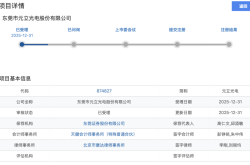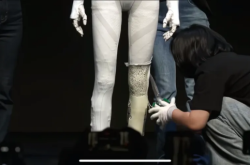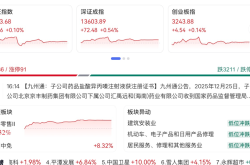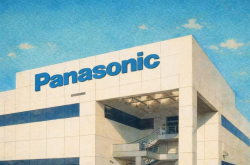Considering a Car? First, Listen to How Competitors' Salespeople "Review" It
![]() 12/24 2024
12/24 2024
![]() 479
479
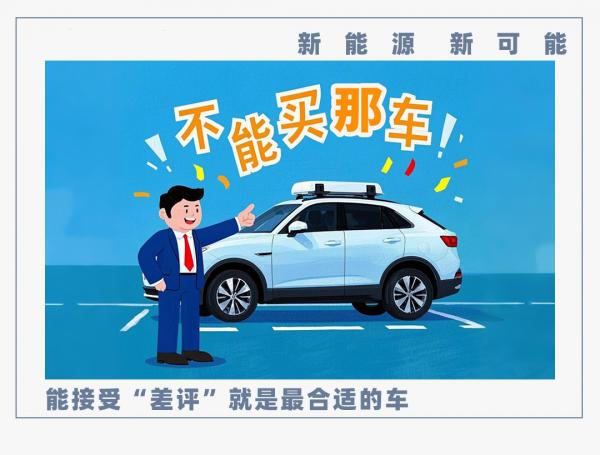
Original content by Xinnengyuanqianzhan (ID: xinnengyuanqianzhan)
Full text: 2721 words, Reading time: 7 minutes
When shopping for a car, do you prefer to read positive or negative reviews first?
Savvy consumers have adapted the trick of "reading negative reviews before buying" to the automotive world. By asking rival salespeople to "review" the car models they are interested in, they can comprehensively assess whether it is the most suitable choice for them.
With automakers intensifying their year-end promotions, Zhang Shuo (pseudonym) is considering purchasing a new energy vehicle. Unlike other consumers who directly visit dealerships for detailed information and price negotiations, Zhang Shuo first approached salespeople from competing models for his desired car.
Regarding his unconventional approach, Zhang Shuo admitted, "In early October, I accompanied a friend to visit the Zeekr dealership. The information we received from the Zeekr salesperson and what we found online were satisfactory, but the situation was entirely different when we visited competitor salespeople."
Zhang Shuo and his friend discovered that while "trash-talking" competitors is a common tactic among salespeople, there is some truth to their statements, providing a more comprehensive understanding of the vehicle.
With this experience, Zhang Shuo and his friend unlocked a smart strategy to buy a car without regrets: first, listen to what competitor salespeople say, and if they still find the car acceptable, likable, and suitable after hearing their reviews, they are less likely to make a poor choice when making a purchase decision.
1. Hurt the Enemy but Injure Oneself in the Process?
We all have such experiences: salespeople often ask, "Which other models are you considering?" when we hesitate. When we mention a specific model, they usually engage in "targeted attacks."
Li Jie (pseudonym), who recently obtained her driver's license, plans to buy an electric car. "When I expressed interest in exploring other options at the Tesla dealership, the salesperson there told me, 'Sister, you must buy a profitable brand, not a loss-making one. Not only are there potential problems, but after-sales service is also unreliable. Take Jiyue as an example; even with Geely's support, it still went bankrupt.'"
Subsequently, Li Jie visited the Zeekr dealership. When she mentioned that she had just come from Tesla and was interested in the Model 3, the Zeekr salesperson provided her with enlightening information.
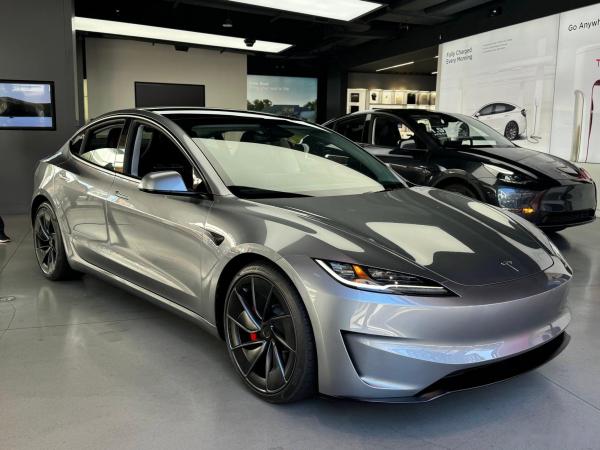
Image/Tesla Model 3
Source/Internet Screenshot from Xinnengyuanqianzhan
"He told me that despite Tesla's high popularity, its technology is highly unstable, prone to brake failures, and has poor in-car entertainment systems. He also emphasized Zeekr's 'road tank' feature," Li Jie recalled.
Some consumers also shared that after test-driving the Li Auto L9, they visited the Hongmeng Zhixing dealership to learn about the AITO M9. However, when they expressed their intention to choose between the L9 and M9, the salesperson directly skipped the introduction of their own product and began to criticize the L9.

Image/Li Auto L9 - AITO M9
Source/Internet Screenshot from Xinnengyuanqianzhan
Another consumer said, "The Li Auto salesperson told me that while NIO's battery swap service sounds good, in reality, once you swap your battery at a swap station, it becomes an old one. It's uncertain whether you'll have opportunities to benefit from other car owners in the future."
In our interactions with many consumers, we found that while automotive brand salespeople's disparagement of competitors may seem like a tactic to attract customers, it can gradually erode consumer goodwill and damage their brand image.
Of course, not all automotive brand salespeople choose to "trash-talk" competitors. Some adopt a strategy of "not disparaging but only comparing product advantages." Undoubtedly, this approach enhances consumer goodwill and increases the likelihood of them making a purchase decision after weighing their options.
"The salesperson at the Hoval dealership knows how to sell. They first acknowledged that their brand's popularity is not as high as Tesla's or NIO's, but then listed their product's advantages, allowing customers to make comparisons. For example, compared to the Model Y, the Hoval Zhibin offers over 900 kilometers of pure electric range and adjustable damping suspension, which appealed to me," shared a consumer.
"The Xiaomi salesperson said that their boss is making cars for the first time and won't cut corners," another consumer remarked.
"The NIO salesperson kept emphasizing their battery swap service and explained that renting a battery is much more cost-effective than buying one, and that I wouldn't have to worry about battery maintenance and lifespan in the future," another shared.
Clearly, each salesperson has their unique approach to persuading consumers, which is a personal choice. However, saying too much can easily evoke a "rebellious mindset" in consumers.
2. There's Truth in Salespeople's Disparagement of Competitors
In fact, the practice of automotive brand salespeople disparaging competitors is not a recent phenomenon; it has been around since the era of gasoline-powered vehicles.
As the shift towards electrification intensifies in the Chinese automotive market in 2025, the rivalry among automotive brand salespeople is bound to become even fiercer.
Under such circumstances, many consumers find it challenging to choose a car, and it becomes even more difficult when relying solely on salespeople's recommendations.
In light of this, some consumers opt for a straightforward approach: after researching online, they head directly to the dealership to make a purchase, avoiding interactions with competitor salespeople to prevent decision paralysis.
However, as Zhang Shuo and his friend pointed out, competitor salespeople's statements are not purely disparaging or trash-talking; behind these negative remarks lie the most authentic flaws of competing products.
After all, automotive salespeople need to do their homework to accurately disparage competitors, and their research is undoubtedly more extensive than that of consumers.
Lu Yiran (pseudonym), a prospective owner of the Letao L60, admitted that his final decision to purchase the L60 was based on the "flaws" he learned from competitor salespeople.
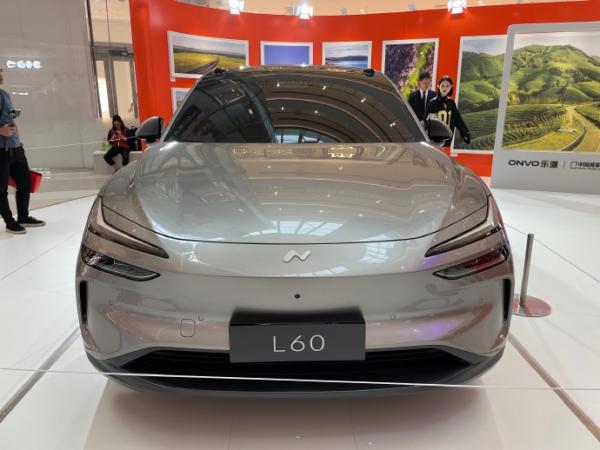
Image/Letao L60
Source/Internet Screenshot from Xinnengyuanqianzhan
"After comprehensive consideration, I can accept the flaws mentioned by salespeople of competing brands like Li Auto and Leap Motor, such as range anxiety, declining battery quality, and the brand being too new for the Letao L60. After all, compared to its battery rental version with a starting price of less than 150,000 yuan, these flaws are minor. Moreover, compared to Leap Motor, Letao's overall design is more fashionable in my eyes as a post-95s consumer," Lu shared.
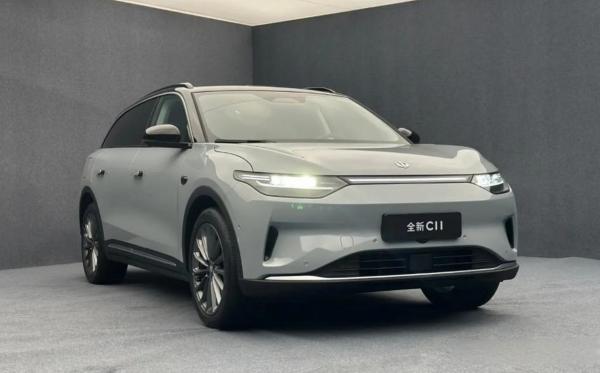
Image/Leap Motor C11
Source/Internet Screenshot from Xinnengyuanqianzhan
During our interactions with Xinnengyuanqianzhan, several consumers who had similar car-buying experiences shared their insights.
"Besides searching for positive and negative reviews from new energy vehicle owners online, it's also essential to visit dealerships in person and filter out information where salespeople disparage competing products while comparing them to their own models," one consumer advised.
"Remember not to ask only one competitor's salesperson; inquire at multiple brands for a comprehensive comparison. Issues raised by multiple salespeople are likely genuine flaws of the product," another emphasized.
Regarding filtering out useful information from salespeople's disparagement of competitors, some consumers stressed the importance of reverse thinking. They suggested choosing brands that compare their own product advantages to disparage competitors but being cautious about brands that only engage in malicious gossip without substantiating their claims. After all, buying a car is not a one-time transaction, and future service quality also affects the owner's experience.
3. The Essence of Salespeople's 'Flattery'
It's crucial to understand that when automotive brand salespeople disparage competitors, they usually do so by referencing their brand's advantages. These referenced advantages are typically more concise and valuable.
In early November, the launch of the Xpeng P7+ captivated Qiu Beibei (pseudonym) in Beijing's Chaoyang District. However, after inquiring with competitor salespeople, she ultimately chose the Tesla Model 3. When asked about her decision, she said, "I initially liked Xpeng when researching online, but after hearing Tesla and Zeekr salespeople compare their product advantages, I found Tesla's screen-based gear shifting and intelligent assisted driving system more appealing."

Image/Xpeng P7+
Source/Internet Screenshot from Xinnengyuanqianzhan
"When buying a car, I was hesitating between the BYD Dolphin and the SAIC Volkswagen ID.3. I consulted salespeople from both brands and their comparisons of their own brand advantages while disparaging competitors helped me make a final decision. The ID.3's battery offers more stable winter range, and its Smart version has nearly twice the horsepower of the Dolphin's Vitality version," shared Xue Zihan (pseudonym), a prospective owner of the SAIC Volkswagen ID.3.
Compared to Qiu Beibei and Xue Zihan, Kong Sinan (pseudonym) was more decisive in his car-buying process. To quickly understand Xiaomi SU7's competitive advantages, he intentionally mentioned during his visit to a Xiaomi dealership that he had already test-driven the NIO ET5.
"This approach saved me a lot of trouble. The salesperson directly compared the ET5 and listed Xiaomi SU7's advantages, such as its privacy glass in the rear windows that prevents eavesdropping," Kong explained.
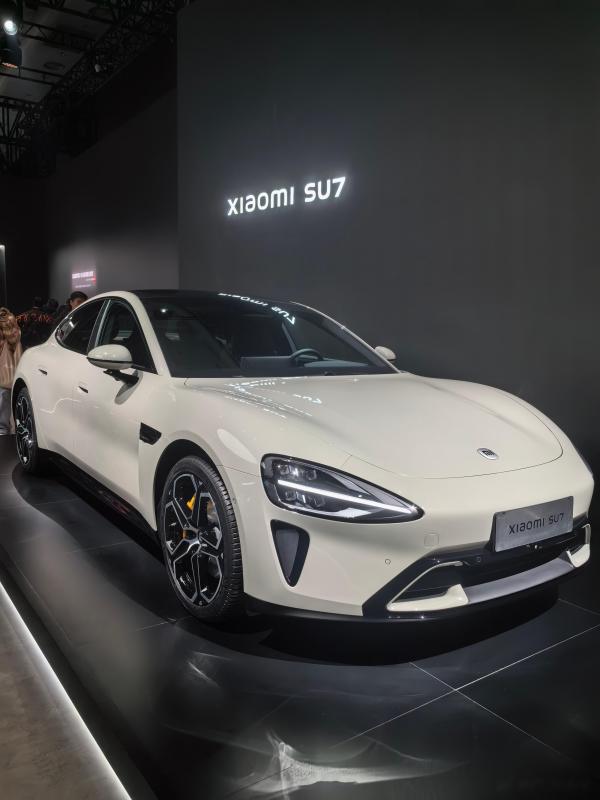
Image/Xiaomi SU7
Source/Internet Screenshot from Xinnengyuanqianzhan
In our interactions with many prospective and current car owners, we found that while salespeople's flattering promotions of their own models serve a marketing purpose, they often contain key advantageous information about the vehicles.
Regarding how to obtain truly valuable vehicle information from salespeople, many consumers offered suggestions: When visiting dealerships to learn about car models, first inform salespeople that you are also considering competing models. Undoubtedly, the features that salespeople dare to compare with competitors are usually their most competitive aspects.
As automakers' competition intensifies in the future, salespeople's 'verbal battles' are unlikely to cease. This, in turn, could become a 'hidden' aid for consumers to select their desired cars.
Have you grasped the value in automotive salespeople's tactics?

